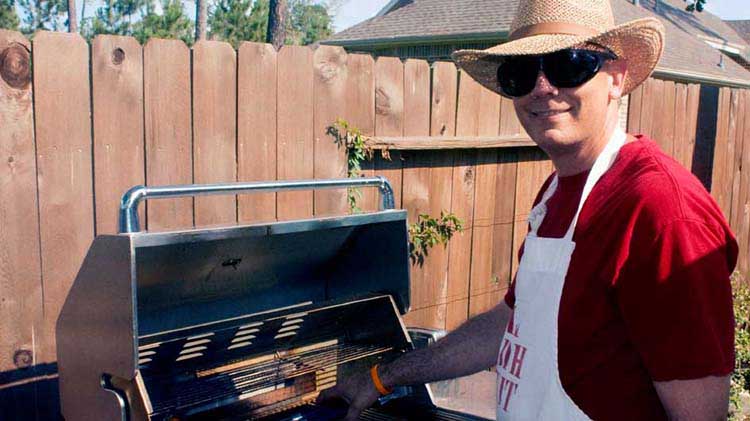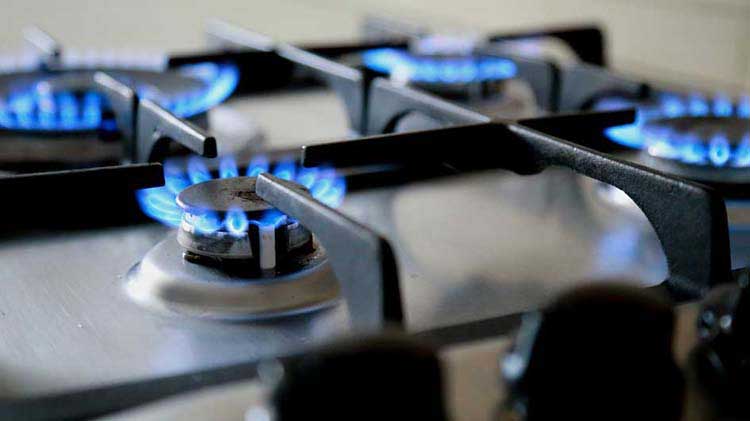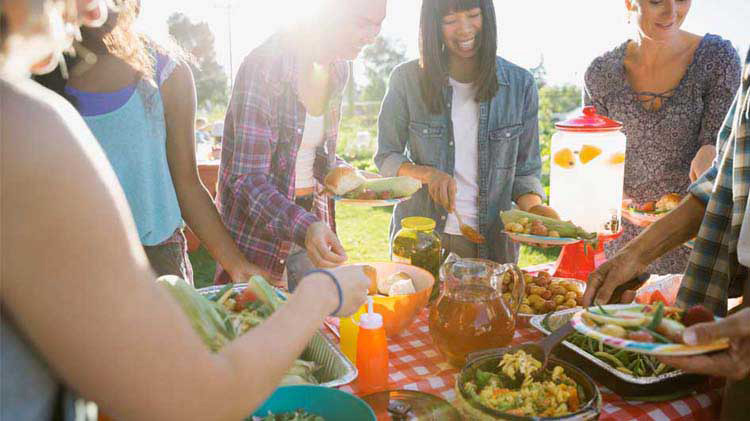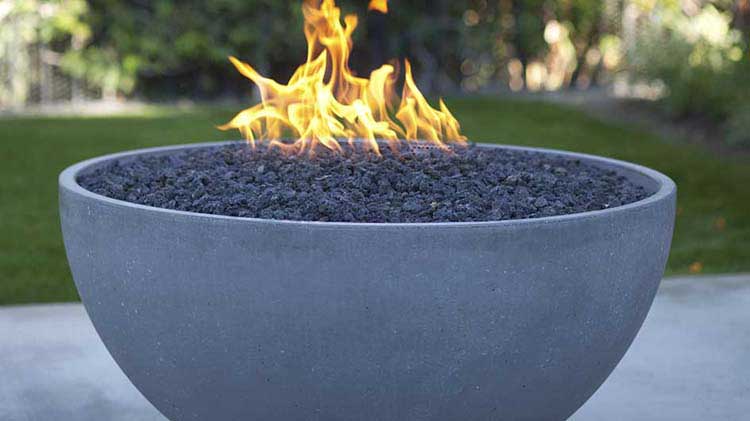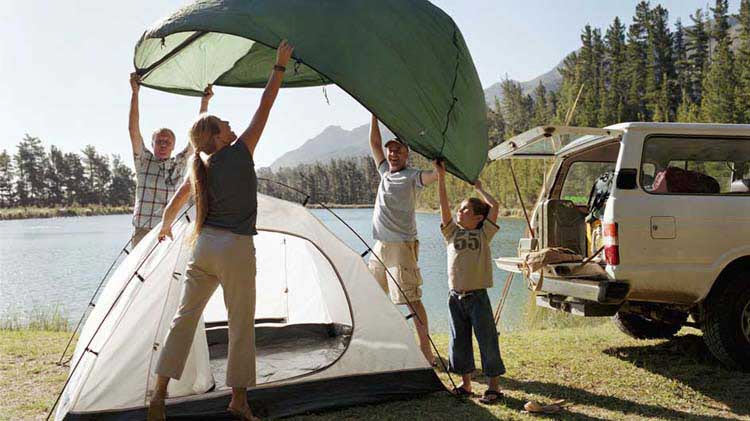Chillin' and grillin': Check out our charcoal and gas grilling safety tips
Avoid some of the most common grilling dangers.
Gas and charcoal grills can be great for family cookouts and summer meals. But each year they can also lead to fires, emergency room visits and property damage.
Grill fire statistics
According to National Fire Protection Association (NFPA), U.S. fire departments responded to an estimated average of 10,600 home structure and outdoor fires involving grills per year during 2014–2018. Of those, over half (5,700 - 54%) were related to the use of grills. These grill fires caused an average of 60 civilian injuries and $14 million in direct property damage.
Some of the leading causes of grilling related fires are:
- Failure to clean grills
- Placing the grill too close to a structure
- Leaving the grill unattended
- Gas leaks or breaks
Tips for maintaining your grill
- Check the gas lines. The leading cause of gas grill fires is a fuel line leak or break.
- Inspect the lines for cracking, sharp bends and brittleness. Checking and maintaining your grill is important. Rub soapy water on the line and look for bubbling to test for leaks.
- Clean your grill. Stuck-on char can increase your risk of cancer if consumed.
- Clean grates and grease pans to prevent flare-ups.
- Wait 48 hours before disposing of charcoal ashes.
Tips for grilling safely
- Grill in well-ventilated areas. Carbon monoxide related fatalities can be prevented by never grilling inside a home, tent, vehicle or camper.
- Wear proper clothing.
- Don't wear loose clothing.
- Roll up your sleeves.
- Pull your hair back.
- Tie and secure apron strings.
- Keep a fire extinguisher within close reach. Have a fire extinguisher close by and know how to use it.
- Use combustibles cautiously. Prevent fires by keeping combustibles a safe distance from the grill.
- Keep lighter fluids capped and a safe distance away from the grill.
- Never add lighter fluid to hot coals.
- Never use gasoline or kerosene as a starter fluid.
- Create a safe zone around the grill. Young children account for many visits to the emergency room resulting from grill contact burns.
- Keep children, pets and play areas away from grills.
- Mark a 3-Foot "No Kids Zone" around your grill.
- Grill at least 10 feet away from buildings.
- Never leave a grill unattended.
- Avoid grilling while intoxicated. It's tempting to partake for some but consuming alcohol while grilling can be dangerous and is a risk for accidents.
The Federal Emergency Management Agency (FEMA) provides other resources on grilling safely. Practicing fire safety in your home is important as well.
